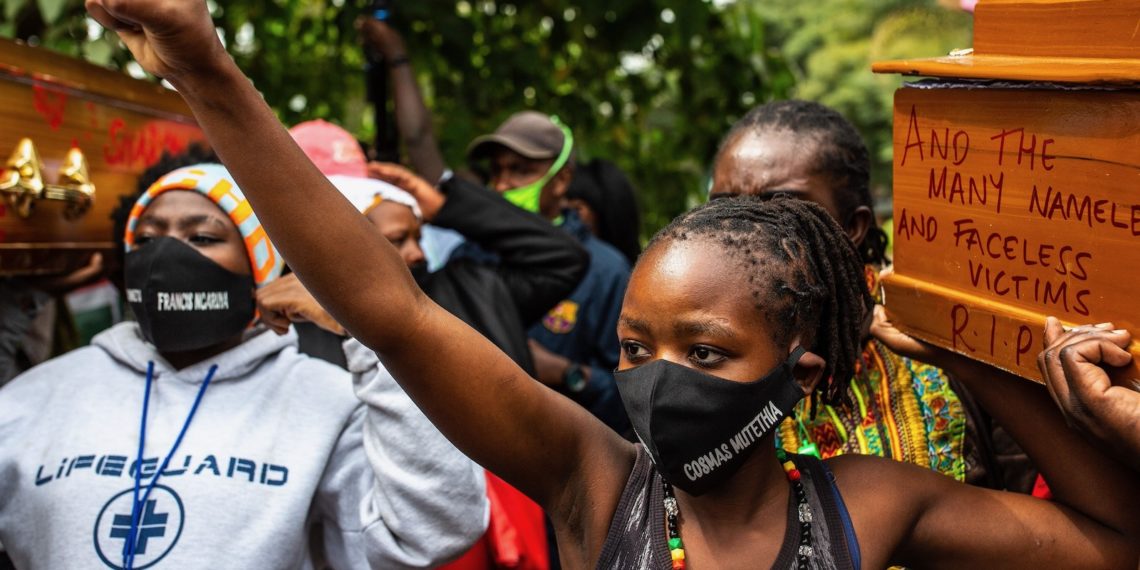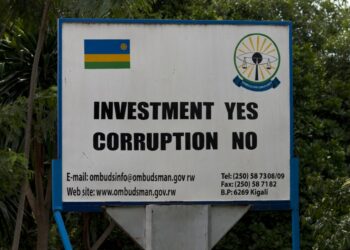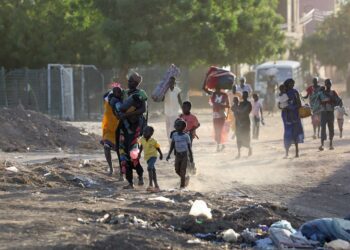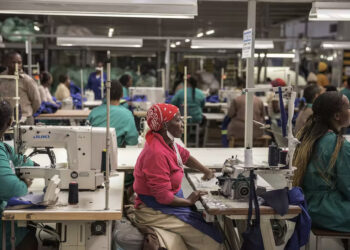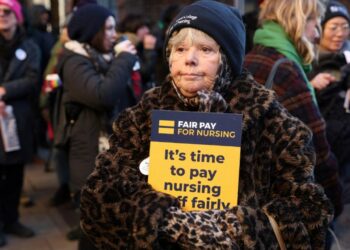From Washington, DC to London protests against police brutality and anti-mask campaigns have captured headlines and become a fixture of Western democracies, even as the COVID-19 pandemic continues to loom.
And despite lockdown measures, protests have continued to escalate, causing governments to debate whether to enforce restrictions to curb the virus or allow citizens to demonstrate freely.
Still, hostilities against peaceful protesters appear to be on the rise, especially in several African countries where security forces’ actions against demonstrators have become increasingly brutal.
With the global focus squarely on Western governments’ responses to social movements, the harsh treatment of peaceful protesters in Africa has mostly gone unnoticed.
For example, according to human rights organization Zimbabwe Lawyers for Human Rights, “police officers in Zimbabwe have used coronavirus restrictions as a pretext to arrest the government’s political opponents.”
Similarly, in some other African states, citizens perceived security forces as more dangerous than the virus.
Evidently, the continent’s authoritarian governments are utilizing the pandemic as a justification to stifle the current wave of protests against socio-economic problems and inept government that emerged across Africa almost two decades ago.
Wave of Protests in Africa Before COVID-19
Historically, peaceful uprisings in Africa were often ignored since most Western scholars deemed Africa’s social movements and its population as not sophisticated or homogenous enough to push for meaningful reforms.
The current wave of peaceful revolts only received Western exposure when it manifested in North Africa as the “Arab Spring,” even though protest activities in Sub-Saharan Africa far preceded those in the North.
Regrettably, when it comes to Africa, analysts often assess its political and social issues from a broader perspective while disregarding each country’s diverse intricacies.
However, with social movements, the African continent is quite intertwined as protesters in different regions usually have similar aims to topple corrupt governments. These popular protests tend to rapidly spread from one country to another, as was the case before the pandemic disrupted Africa’s wave of protests.
Since the mid-2000s, Africans have been engaged in non-violent protests despite governments’ sustained efforts to suppress these peaceful revolts.
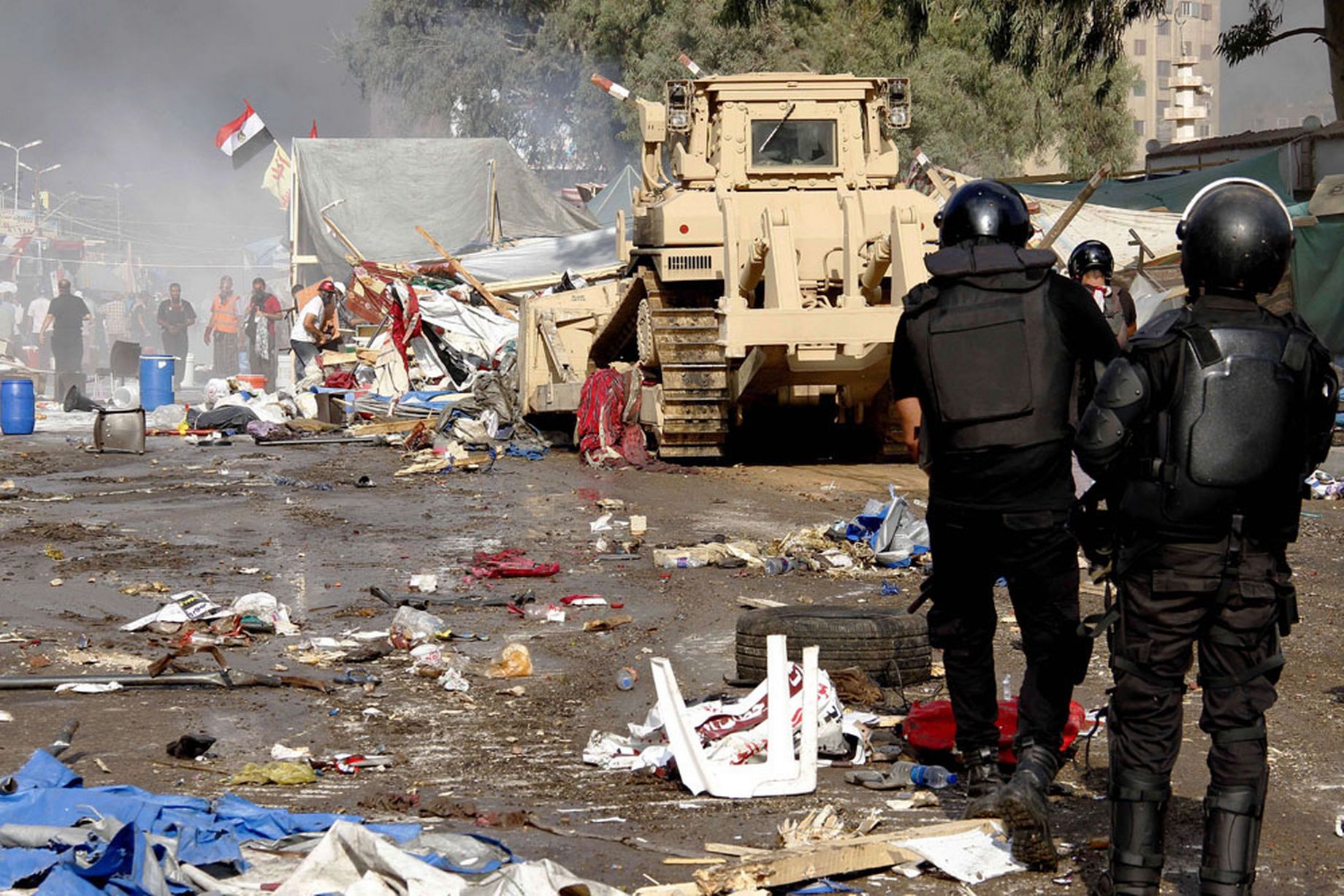
Remarkably, political experts initially compared the current wave of social movements to the first wave of popular protests of the 1950s and 60s that led to decolonization, and the second wave of protests in the 1990s that induced political and economic liberalization. They rightfully coined the current social movement the “Third Wave.”
In hindsight, this Third Wave seemed destined to transform Africa’s political landscape like its predecessors and even had a few bright moments — until coronavirus reached the continent.
For instance, in early April 2019, Algeria’s President Abdelaziz Bouteflika was forced to step down to appease protesters. Two weeks later, Sudan’s long-term dictator Omar al-Bashir was ousted after an eight-month-long protest.
Ultimately, in 2019, most African countries experienced varying degrees of anti-government protests. The trend would have continued in 2020 had the coronavirus not emerged and provided governments justifications to suppress peaceful demonstrations.
Impacts of Third Wave of Protests
While not all the protests yielded positive outcomes, national leaders were removed in five African countries.
In Angola, for instance, the government took significant steps to reduce corruption and nepotism. In Ethiopia, the ruling party revamped its power structure and installed a new prime minister, Abiy Ahmed. Ahmed went on to win the Nobel Peace Prize, but in retrospect, it appears to have been premature due to his government’s actions against protesters and his postponement of the national election.
Nonetheless, regardless of these significant changes, the African population planned to continue with the wave of a social movement with the prospect of bringing about lasting changes.
Since 1970, non-violent uprisings across the continent have had the highest success rate in the world, with roughly 58 percent of the uprisings aimed at overthrowing dictatorships succeeding.
Future Perspectives of COVID-19 on Protest Movements in Africa
However, since the pandemic, African governments have taken a brutal approach to enforce lockdown measures, which undoubtedly have discouraged peaceful gatherings.
At a Black Lives Matter (BLM) rally in Accra, Ghana, police arrested organizer Ernesto Yeboah and broke up the protests for public health reasons. In early July, Malian security forces killed 11 citizens protesting against the now overthrown Malian regime.
And since the initiation of the lockdown measures in Kenya, 15 people, including a 13-year-old boy, have died during crackdowns. In another incident, protesters aligned with BLM in Kenya were met with severe resistance from security forces for violating COVID-19 policies.
In Nigeria, security forces arrested 62 anti-government protesters on August 5 from two protest locations for breaching social distancing rules.
To date, most governments have continued to use the pandemic to impede peaceful protests even though studies conducted in the US during the height of BLM protests show no correlation between the spike in infections and cities where protests occurred.
Consequently, the pandemic and lockdowns have disrupted the once-promising Third Wave of social movements in Africa. We’re eight months into 2020, and only four African countries have experienced some form of protests, compared to steady protests in 10 African countries within the same period last year.
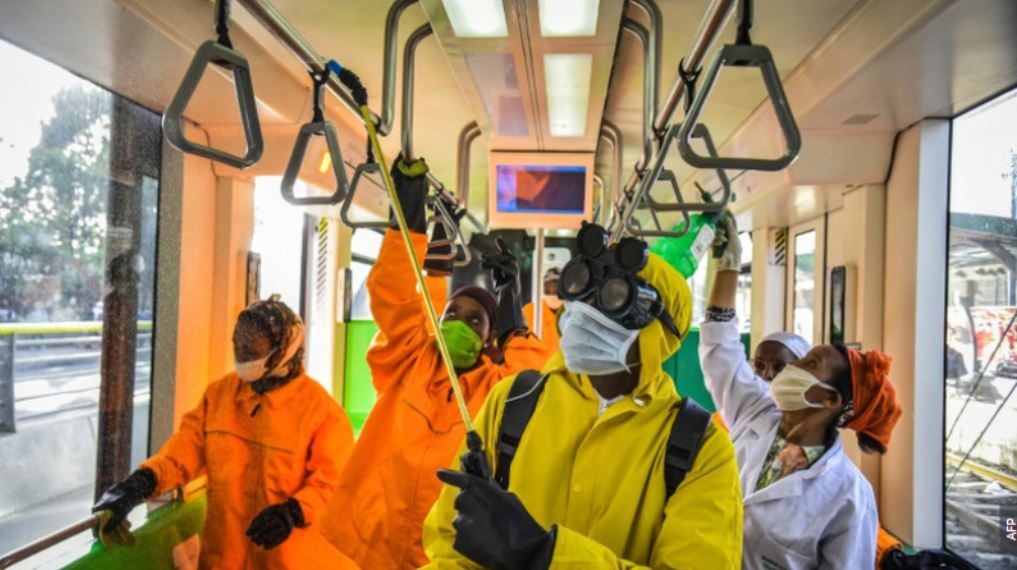
The decrease could logically be attributed to the virus, along with the heavy-handed approach governments have used to enforce lockdowns. But perhaps, for now, the African population is more concerned with tackling immediate socio-economic issues associated with the pandemic than engaging in protests as evident from massive queues of people awaiting food supplies.
Nonetheless, the decrease in protests should not breed complacencies since the socio-economic problems that instigated the protests in the first place still exist.
In 2017, the UN reported that 10 of the world’s 19 most unequal countries measured on income distribution were found in Sub-Saharan Africa. The World Bank recently projected that the virus’ economic woes will push about 23 million more Africans into poverty.
Based on these predictions, if the pandemic and related economic issues are not adequately addressed, the Africa continent could experience a surge in political unrest, possibly violent, as the virus’ economic crises further push the population into desperation and despair.
With no surprise, Sub-Saharan Africa faced an uphill battle in addressing socio-economic issues for its population, even with a 2.4 percent economic growth in 2019.
Now, with a projected post-COVID-19 growth of -2.1 to -5.1, the continent will be placed in a more precarious financial situation, likely leading to widespread conflicts and violent civil unrest that must be avoided at all cost.
Disclaimer: The views and opinions expressed here are those of the author and do not necessarily reflect the editorial position of The Globe Post.

